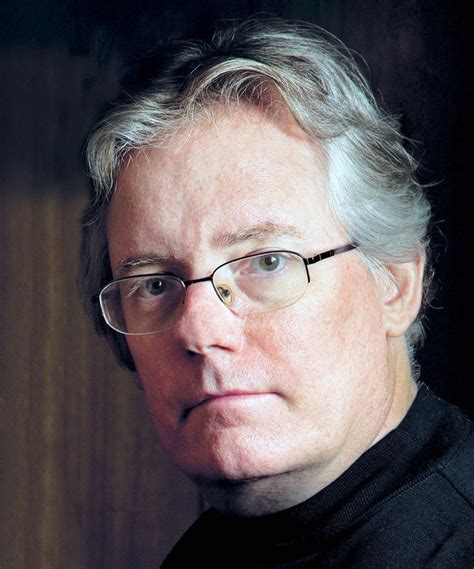A Quote by Ann Patchett
My novels are very much the same, as I think many people's novels are. No matter how hard I try to do otherwise, the books always wind up being "a group of strangers are thrown together by circumstance and form a society."
Related Quotes
In Pakistan, many of the young people read novels because in the novels, not just my novels but the novels of many other Pakistani writers, they encounter ideas, notions, ways of thinking about the world, thinking about their society that are different. And fiction functions in a countercultural way as it does in America and certainly as it did in the, you know, '60s.
People who know and read comics know that there's a huge diversity amongst the types of stories. Nobody ever goes 'how many more of these movies based on novels are there going to be?!'. People laugh at that question and they go novels, there are all different types of novels. But there are all different types of comic books, they just happen to have drawings on the cover!
To see what books were available for my older students, I made many trips to the library. If a book looked interesting, I checked it out. I once went home with 30 books! It was then that I realized that kids' novels had the shape of real books, and I began to get ideas for young adult novels and juvenile books.
Personally I don't think there's any real intrinsic difference between comic books, movies, theatre, novels. I know there's sure to be some differences of some sorts. I've worked on novels, films, and video games, and in an adaptation, I guess one of the issues is that I have to be in love with the thing I'm adapting before I do it. So that can cause a problem. You can be too scared of it. You could be too reverential. But at the same time you want to try to capture this thing that you're obsessed by. You're fixated for a reason. What's the reason? You try to get ahold of it.


































